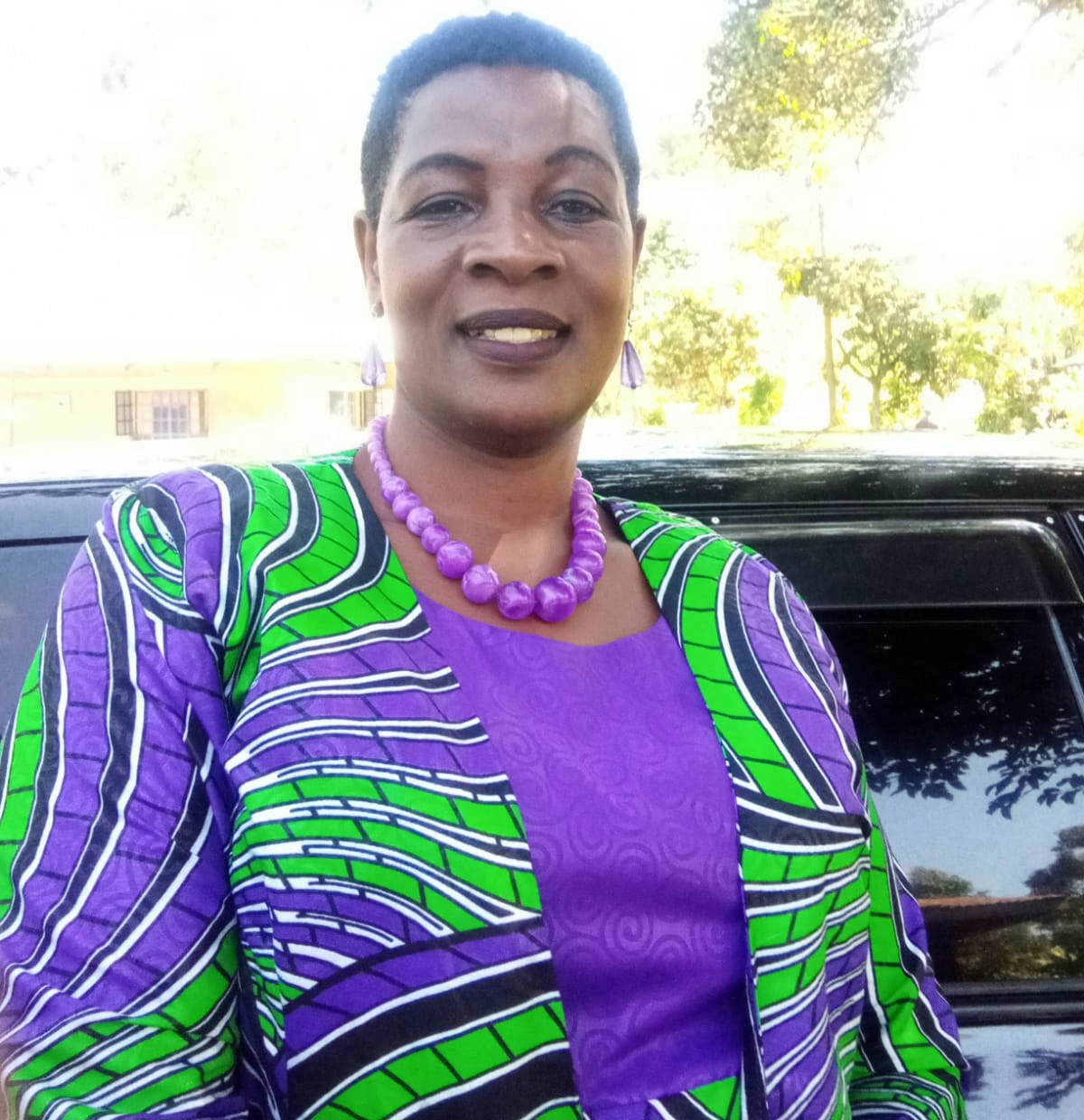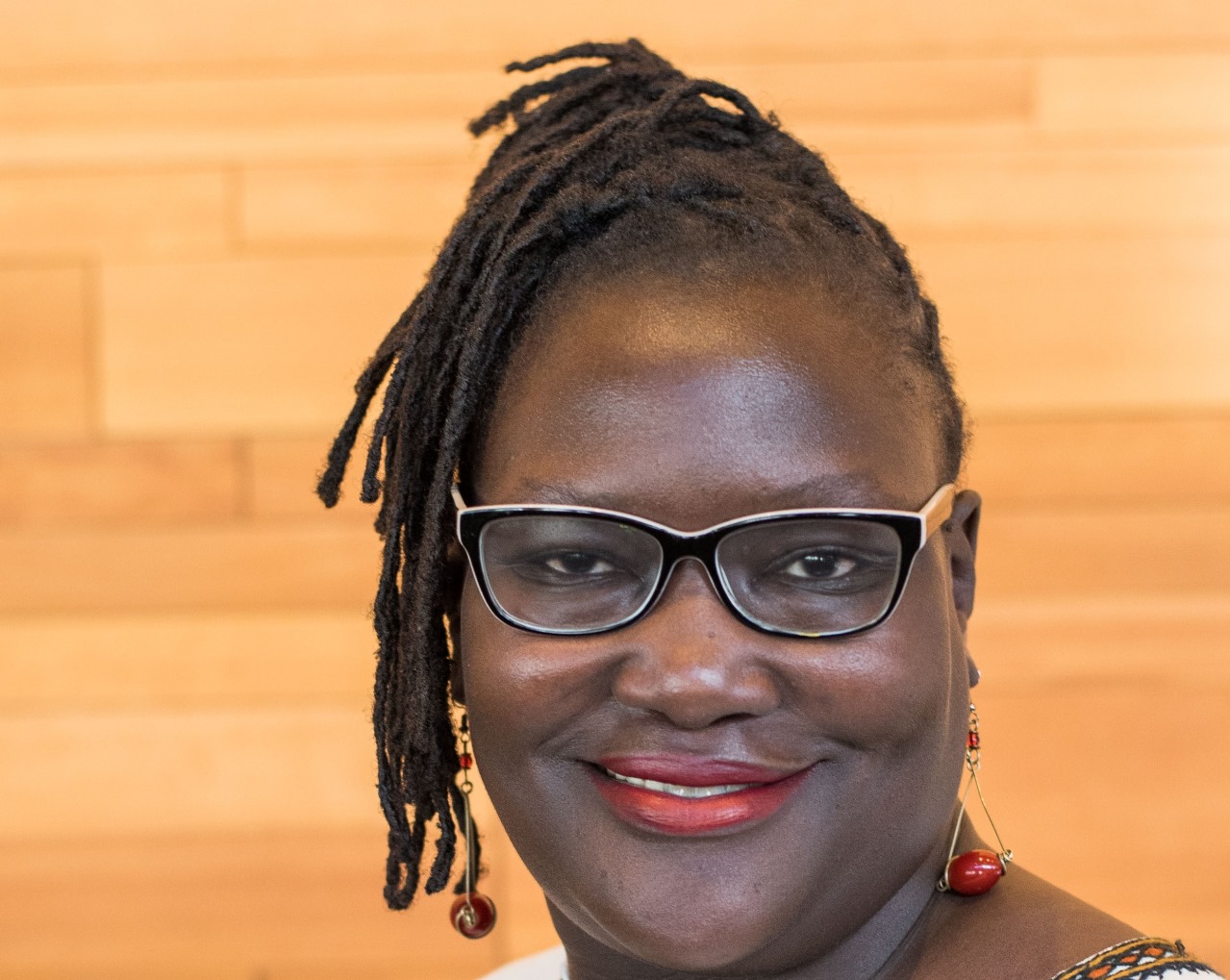Groundbreaking Workshop on AI and Technology-Facilitated Gender-Based Violence at AWiM24
Trending
Wednesday June 4, 2025
Trending

Breaking the cultural norms.
The story walks us through the biases and norms that affect the way the position of women in a decision-making table is handled in Western Kenya.
As the sun slowly descended behind the horizon, the sky transformed into a breathtaking canvas of arranged pink and purple hues. The rays of light stretched out in all dimensions, casting long shadows on surrounding landscapes. The sounds of nature began to change as nocturnal creatures emerged from their hiding places, signalling the end of another day’s activities. Looking at my watch, I saw that it was exactly 5 pm; it was time for a captivating conversation with Victorin Shikutwa – a woman who has been a backbone, destiny helper, and ray of hope for many in Khwisero Sub County, Kakamega County.
Despite facing numerous obstacles along her political journey towards becoming a member of the County Assembly (formerly known as “Councilor”), she refused to give up on her dream. Her main agenda is to get involved in politics and have better opportunities to fight for vulnerable individuals’ rights within her community.
Victorin Shikutwa broke cultural norms by being among the first women in Kakamega County to participate actively in politics. She vied for Member of the County Assembly in 2007 despite several unsuccessful attempts due to biases and social norms surrounding this position.
“I started my political career back in 2007 when I ran for Member of County Assembly,” she said proudly. “I was one woman among twelve men vying for that although I emerged second place felt like an achievement.”
Ms Shikutwa narrated how she never stopped pursuing leadership roles despite facing rejection from where she was married since they believed that women were too vulnerable to participate actively or hold positions within political forums: “A woman is supposed to build her home and take care of it rather than follow men into politics.”
Despite these challenges, however, community members and Victorin’s spouse believed that she had exceptional leadership skills after chairing various community-based organisations championing needy people’s welfare within society.

Her political journey continued until she was successfully nominated as a member of the county assembly representing Kisa East Ward and Khwisero Sub County at large within Kakamega County Assembly after winning nominations; unfortunately little did Ms Shikutwa know what awaited ahead would be even more challenging than before!
“After securing the nomination, I joined the United Democratic Forum (UDF) party led by the current Cabinet Prime Minister Musalia Mudavadi. One of my fellow party members was a male Member of Parliament from my community. Following our victory, the party conducted a survey to determine if I was fit for the nomination position as six other members were also vying for it. However, upon completion of the survey, I was told that I lacked a political profile and that my intentions were mere to be seen in politics rather than foster development policies. This left me feeling discouraged,” she said.
Despite facing insults and isolation from both the party and its Member of Parliament, Ms Shikutwa persevered in her quest to become a nominated member of the county assembly. When her fellow MP refused to work with her due to gender biases and the perception that she sought male-oriented positions without political ambition, she decided to pursue her goals alone while focusing on helping vulnerable community members.
To confirm Ms Shikutwa’s story, Magret Njeri – an expert on regional issues and theology – asserted that stereotypes, biases towards women as well and cultural norms are key hindrances impeding progress among women seeking leadership roles or career advancement opportunities.
“The Kenya Constitution 2010 provisions outlined under Article 26 section 6 Article 27 section 8 outline these rights which grant fundamental freedoms including participation in democratic governance for women; additionally Article 81b addresses gender imbalances in elective leadership positions by mandating no more than two-thirds shall be filled by one gender,” she added.
Women’s Inclusion in decision-making sectors
Including women at various decision-making tables or committees is crucial since they bring up forgotten issues helpful for society while making complicated matters understandable/reliable.
In fact, during Ms Shikutwa’s tenure as chairperson for the Education Committee in the 2013/14 period she initiated various developmental activities beneficial for people living within their communities thus demonstrating a positive impact when given the opportunity inclusive representation provides.
“As the chair of the Education Committee, I formulated a slogan to eradicate mud classrooms in Kwisero Sub County and construct cemented classrooms in all schools within the region. My proposal proved successful, surprising even the sitting member of Parliament with its innovative ideas,” she narrated.
In addition to serving on the Education Committee, she was also a vital member of the Agriculture Committee, advocating for equal distribution of subsidised fertilisers to farmers and defending their interests during committee meetings.
According to Nerima Wako, a political analyst and Executive Director at Siasa Place Kenya, women play an essential role not only in politics but across many sectors in our country. Their achievements become evident when given opportunities to present their proposals, policies, views and bills before Parliament or decision-making tables.
“Women bring unique perspectives on complex issues such as childbirth. During one panel discussion where I highlighted the lack of access to birth control services in county health facilities – which my male colleagues had overlooked while focusing solely on childbirth rates – we saw how important it is for women’s voices to be heard during decision-making. Women’s roles are often underestimated but they have successfully passed crucial bills,” said Nerima.
Giving examples of active bills made by women legislators, Nerima pointed out that despite being undermined at decision-making tables; we have seen very important bills passed by female lawmakers who proposed helpful legislation such as Honorable Milly Mabona’s Health Bill – which covered mental health aspects pushed by Sylvia Kasanga, Martha Wangare’s Breastfeeding Bill proposing workplace spaces where mothers can breastfeed without shame or pump milk for later use; Elizabeth Ongoro sponsored The Care and Protection Of Child Bill 2016 among others.
“All these demonstrate why women should be included more frequently at such tables since society needs to shun the existing notion that ‘women have nothing worthwhile to say.”
There were other Bills passed by female legislators both at the National Assembly and the Senate level, headed with five Bills under Deputy Speaker Gladys Boss Shollei including Political Parties (Amendment) Bill 2022 Parliamentary Powers And Privileges (Amendment) Bill 2022 Public Finance Management (Amendment) Bill 2022 Petitions To Parliament (Procedure)(Amendment)Bill 2022 Statutory Instrumental(Amendment )Bill 2022 respectively.
At the Senate level, Crystal Kegehi Asige leads four Bills representing people living with disabilities: the Start-Up bill; the Learners With Disability bill; the Persons With Disability bill and the Kenyan Sign Language bill.
Hindrances/Challenges
As an environmentalist, in her current position as a nominated member of the county assembly in the Kakamega County assembly, Ms Shikutwa is part of the Environmental Committee and other Committees like the Labour, Social and Sports Committee and Mining Committee. In these committees, women have been able to hold various positions but their ideas and proposals are being undermined.
“The Environment Committee has a male chair and female vice chair. The vice chair comes up with useful strategies but the chair often disagrees with them. In the Labour Committee, chaired by a woman, proposals are not given proper attention by the executive office. This leads to helpful bills being missed,” Ms Shikutwa said.
Ms Nerima, in her line of duty as a political analyst, says that at first, it was not easy for her as she faced a lot of criticism.
“Initially I found it intimidating to work in a field dominated by men. I often found myself as the only woman on panels and received online and physical bullying. My authority and data were questioned, but I had to get used to it,” Nerima said
Pastor Njeri on her side said that the implementation of the two-thirds gender rule in different sectors is very important to make women’s representation and participation easier.
“The two-third gender rule has not been fully implemented. When should women be considered to fill the required spaces to participate in the decision-making table? To allow anything that affects women and the vulnerable to be brought to the table.” she added.
The biases and norms affect the way the position of women in a decision-making table is handled. Most of the time women have faced obstacles that have hindered their representation and participation in different sectors. For example, women are seen as spectators or to be the last people to air their opinions.
Solutions
Easter Achieng Okech, a renowned advocate for women’s rights and gender equality at the Kenya Female Advisory Organisation (KEFEADO), asserts that in order to ensure proper representation of women and break social norms, several strategies must be implemented.

“Civic engagement is crucial in ensuring full representation of women by breaking down barriers. It starts with the community where women are leaders in various sectors such as community-based organisations, women’s groups, churches, and even politics. There needs to be a societal shift towards recognising that women can lead in any sector. The mindset that prevents active participation by women needs to change within communities that should also be willing to follow female leadership. For instance, Homabay County Governor Gladys Wanga has outperformed her male predecessors as she became the first governor in Nyanza and one among few female governors,” she stated.
Pastor Njeri advocates for equal representation of women through affirmative action, which ensures high numbers of female political representatives while providing financial support and training programs necessary for overcoming obstacles and building essential skills and networks.
According to Nerima and Ms Shikutwa, empowerment alongside education is critical as it enables females to take charge of their spaces.
“In many instances, females are urged to own space; however, this means being knowledgeable about information through accessing correct data while identifying people they can work with besides allowing other females access space. Act like role models encouraging more young girls into political leadership,” said Nerima.
“Government sectors need constant mapping plus training numerous female leaders. I urge more females to come out boldly claim these positions while those already holding them act as role models encouraging other ladies into leadership roles for the society understands that indeed ladies have what it takes when bringing about positive changes,” said Ms Shikutwa.
Ms Shikutwa reports that the Kakamega County Assembly comprises 36 female leaders, with a mere three having been elected and the remaining 33 nominated.
The UN has highlighted the need to combat gender biases and promote women’s participation in politics and decision-making. Elected female leaders face obstacles due to discriminatory institutions that do not prioritize their roles. It is imperative to implement measures that support women in these positions, enabling them to effectively advocate for legislation and policies favourable to women’s and girl’s interests.
According to a report by the UN, women now hold 201 out of 1882 elective positions in Kenya, representing only 10.6 per cent of elected leaders. This figure increased slightly from 9.1 per cent after the 2007 elections but remained at a lowly rate of just 7.7 per cent following the national elections held back in 2013.
Kenya is yet to achieve several United Nations Sustainable Development Goals aimed at strengthening women’s participation in leadership and decision-making sectors, including targets at levels five-point-five (5.5) per cent and five-point-nine (5.9) per cent respectively.
This article is part of the African Women in Media (AWiM)/Luminate Young Women in Politics Programme.
We’re not gonna spam. We’ll try at least.

Copyright 2020. African Women In Media
Copyright 2020. African Women In Media
Recent Comments